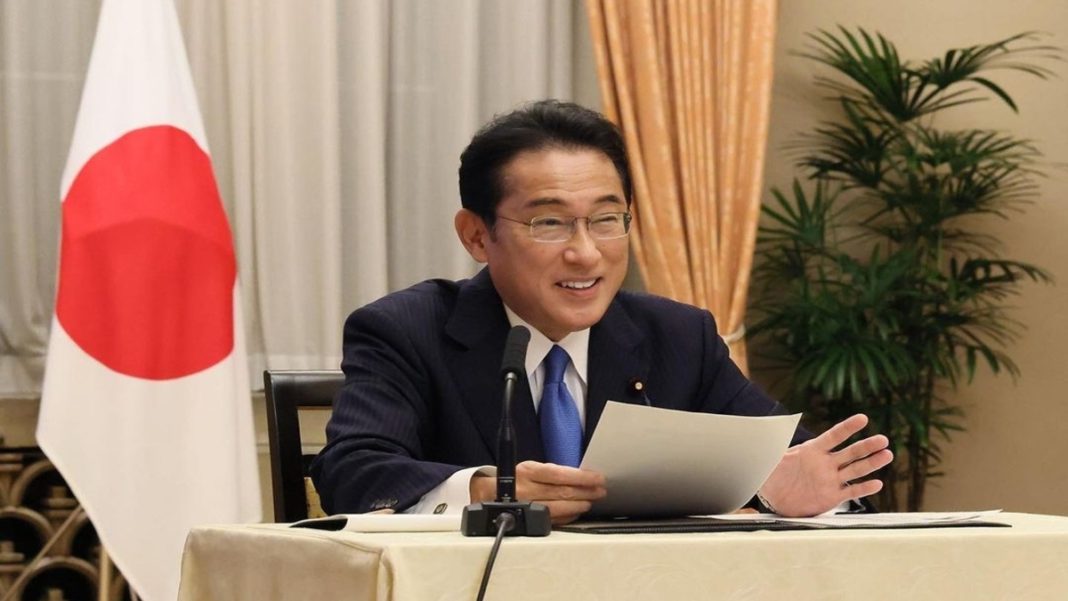JAPAN: The ruling Liberal Democratic Party (LDP) in Japan has won crucial local elections in the first major electoral test for the prime minister, Fumio Kishida, since damning revelations about his party’s ties to the Unification Church surfaced.
On Sunday, LDP candidates won governor elections in prefectures ranging from Hokkaido in the nation’s north to Oita in the south-west, sparking rumours that Kishida would call a hasty national election.
Although the vote for Japan’s influential local house is not scheduled until October 2025, some observers think Kishida would take a chance on an early election to capitalise on his party’s impressive performance over the weekend.
In addition, the right-wing populist Nippon Ishin no Kai (Japan Innovation Party) expanded its popularity outside of its native Osaka during the elections in an effort to become a significant national political force.
The LDP has been criticised for months because of its ties to the Unification religion, also known as the Moonies, which were revealed after Shinzo Abe’s murder last summer.
Tetsuya Yamagami, who is indicted for shooting Abe on July 8 at a speech for a political cause, admitted to investigators that he chose to target Japan’s longest-serving prime minister because of his ties to the church, which he blamed for driving his family into bankruptcy.
Public support for Kishida’s LDP fell as a result of widespread connections between the church and party councillors and MPs being revealed by Japanese media. This fueled speculation that the conservative religious movement, which was started in South Korea in the 1950s, had impacted the LDP’s political agenda.
Kishida had started to win back support in the days leading up to Sunday’s elections for nine governors, six mayors, and dozens of prefectural and municipal legislatures after a surprise trip to the Ukraine and a summit in Tokyo last month to heal fences with the president of South Korea, Yoon Suk Yeol.
The LDP won six of the governor elections and will be especially happy to have triumphed in Hokkaido, where the left-of-centre Constitutional Democratic Party of Japan has historically been strong. The LDP also won more than half of the 2,260 prefectural assembly seats that were up for election.
On April 23, voters in various locations, including Tokyo, head to the polls for five parliamentary byelections.
Hiroshi Moriyama, chairman of the LDP’s electoral strategy, reportedly told reporters that “voters have recognised our achievements.” He noted that the victory in Hokkaido was “significant.”
Kishida’s government, which intends to double defence spending by 2027, also seemed to have tapped into popular worry regarding Chinese military operations in the area and the possibility of conflict in the Taiwan Strait. The local elections will also serve as a test for Kishida’s strategies for dealing with the high cost of living and low birthrate.
In western Japan, where Hirofumi Yoshimura was re-elected as governor of Osaka and fellow Ishin candidate Hideyuki Yokoyama was elected as mayor, the LDP performed less well.
The nearby Nara governor’s contest was also won by an Ishin candidate, giving the party its first governorship outside of Osaka.
Yoshimura’s chances of hosting Japan’s first casino in Osaka, where plans have not yet been approved by the government, are expected to improve with his re-election.
The success of his party over the weekend may also result in the party winning additional seats in the lower house of parliament, where it currently holds the third-largest number of seats.
Also Read: Japan’s Foreign Minister Calls for Release of China’s Imprisoned National



